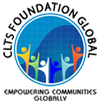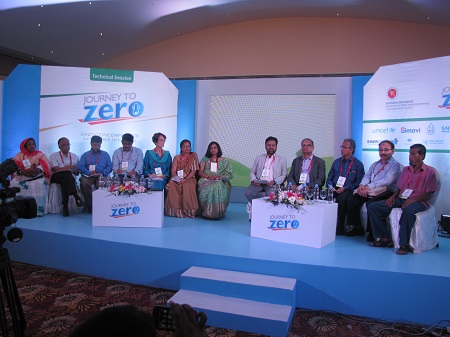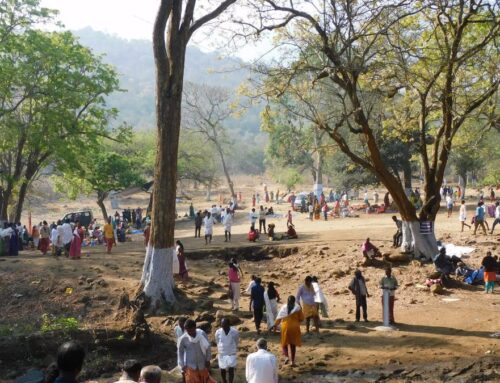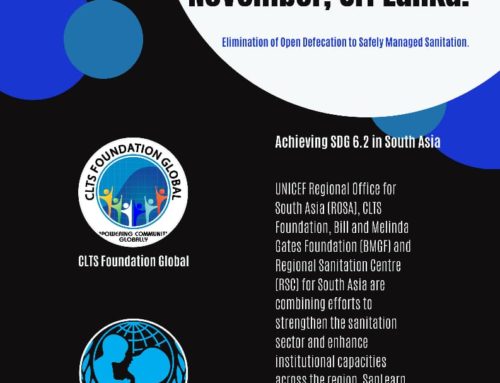
At the ‘Journey to Zero’ Conference in Dhaka the countdown to the final goal of realising an Open Defecation Free Bangladesh was signalled to have begun. The CLTS Foundation Global participated at this conference. The conference was unique, bringing forth an amalgamation of transformative ideas from facilitators and practitioners from rural communities of Bangladesh and from policy makers, local government- elected representatives, researchers and the members of civil society alike. It was a platform for converging all the energy to run the last mile and as CLTS pioneer Dr. Kamal Kar exclaimed “Linking the Summit to base!” towards achieving ODF Bangladesh. Dr. Kar was invited to present an Inspirational Speech to set the tone for the conference. On stage were several stalwarts from different National and International Organisations including the champions of CLTS from Bangladesh, who presented their thoughts on the transformation that CLTS as an approach has brought in the journey of Bangladesh towards a life of dignity for all.
There were a total of eight Technical Sessions which touched upon varied dimensions of sanitation in Bangladesh. Since Bangladesh has achieved a historically significant milestone by tackling the challenge of Open Defecation, a celebration of the journey to Zero Open Defecation was marked by the event. At the same time, it was reiterated by the speakers, researchers and practitioners that the journey was far from over as there still were major tasks ahead of Bangladesh in terms of sanitation. These challenges were identified and addressed by the presenters in different sessions at the conference. Certain critical concerns were reflected upon and the road map to further plan of action was decided.
The conference was centred around CLTS practices and experiences. Community-led Total Sanitation has empowered communities in the remotest vicinities of Bangladesh where they have chosen a life of dignity which has led to progress in the social, economic and the overall health scenario of Bangladesh. The community empowerment that began with the introduction of CLTS in Bangladesh at the beginning of the new millennium saw a meagre 33% access to sanitation in the nation. The rapid progress of individuals and their self- realisation has led to close to 99% coverage since the journey began according to the JMP Report. It was emphasised throughout the conference that the last mile is often the hardest and a lot more is yet to be achieved.

In the Inaugural Session, Engineer Md. Wali Ullah, member secretary, Sanitation Secretariat and Additional Chief Engineer, DPHE presented a welcome speech, while Edouard Beigbeder, Country Representative of UNICEF presented a speech as a Chief Guest at the conference. The inaugural session marked the opening of the conference on a highly positive note. The journey of Sanitation in Bangladesh in the last one and a half decade was traced and applauded.
In the different technical sessions some important issues like, ‘Equity in Sanitation’ where the close link between Sanitation and Gender was discussed. Breaking myths and taboos was recognised as an important issue and there was a discussion on Menstrual Hygiene Management, where it was also emphasised that Hygiene and Sanitation are not just women’s issues, it is an issue that concerns all. Sanitation for physically disabled persons was also discussed at great depth. Hygiene concerns like hand-washing were also highlighted. Access to Sanitation in hard to reach areas, especially in flood-prone areas was also discussed at length at the conference.
Certain innovative approaches like ‘Payment by Results’ was discussed, as an approach, to increase the efficacy of and ensure efficiency within organisations while implementing projects in the field. Technical Innovation in sanitation were discussed and their prominence was highlighted. Faecal Sludge Management was also noted as a priority concern in Bangladesh at the conference.
Overall the conference touched upon several important issues that need to be addressed to sustain the developments that have been made in the sanitation sector in Bangladesh and to address ‘Second Generation Challenges’. The task, it was hailed, was far from over even upon reaching Zero, as it would just be the first milestone in a long journey towards scaling up and moving up the sanitation ladder till a point where every individual could gain access to improved sanitation and lead a life free from disease and full of dignity.





Leave A Comment